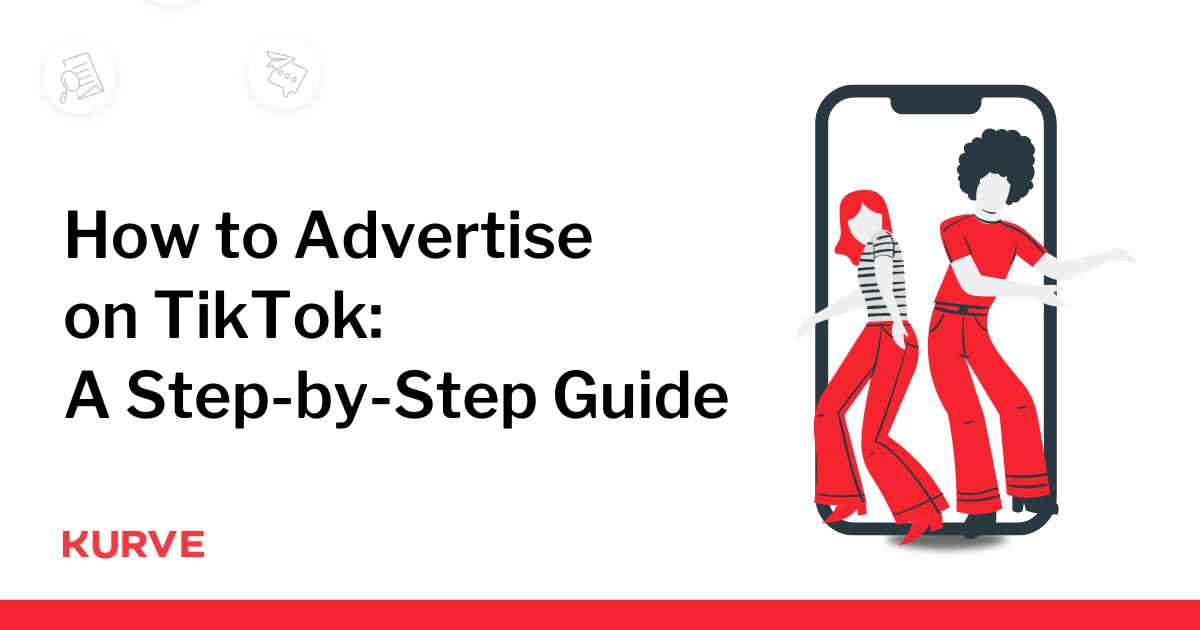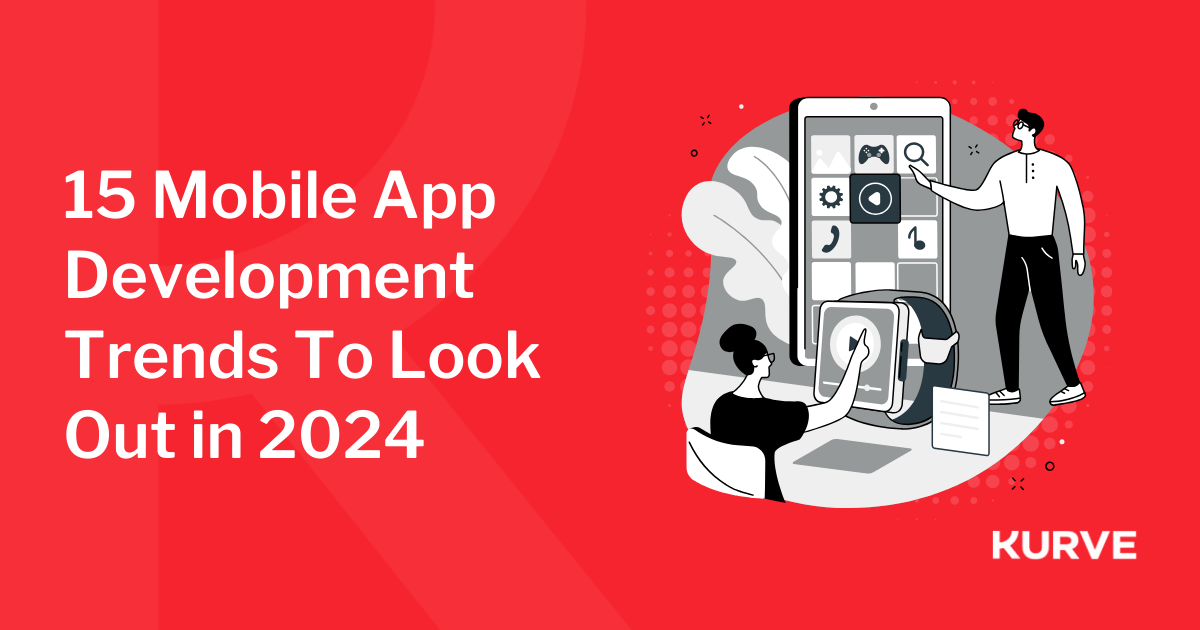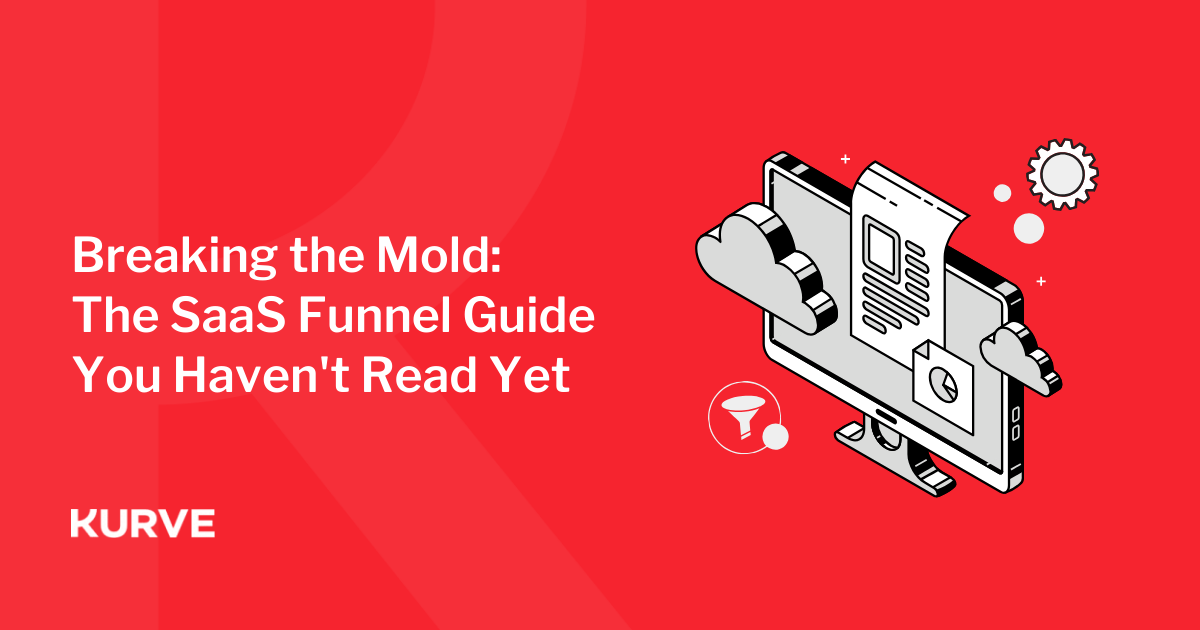Is Organic Social Media Dead?
Organic Social Media: Has Paid Social Taken Over?
The digital marketing landscape evolves quickly. Trends come and go, with marketers and advertisers close on the heels of consumer behaviour patterns. Social media is one such arena. We all know the potential for connecting with an engaged audience via social media. Its value to top-of-funnel marketing activities over the past decade is well-documented, and the vast wealth of channels on offer provide the ability to reach swathes of people in any niche. However, organic social media has had a battering recently. Why? And does this signal the end?
Answer 1: Yes, organic social media is fried!
Some would argue that organic social media isn’t effective anymore. Here are the reasons why.
Users and the landscape
Let’s start with the commercial landscape itself. More and more startups, SMEs, and big brands are present and active on all social media channels. The noise is deafening. At the same time, user bases are maturing with a more acute awareness of how businesses exploit the platforms. Not only do marketers need to produce extra-special compelling content, but also to distribute it in a way that makes an impact. Organic virality is tough to crack .
Platform algorithms
Social media platforms seek to earn profits. Monetisation is key, and this has led to emphasis on advertising networks. In 2014, Facebook began choking the organic reach for business pages to encourage ad investment. This was stepped up in 2016, and then in 2018 as part of Facebook’s new “focus on people, family, and friends”. Sophia Bernazzani’s post says: “The good news in all of this is that there's a lot you can do to counteract these changes, like being more selective about what you publish, paying attention to when you publish, and putting money behind your posts (a.k.a. "boosting" them).” The last part of that paragraph is telling: putting money behind your posts. Facebook has further limited reach, and this will force businesses to invest in their ad network. The same has been said of Facebook-owned Instagram. It’s been widely reported that engagement has dropped, although this is partly credited to an ongoing battle against fake accounts and bots gaming the system. Watch this space, and read Avtar Ram Singh’s fantastic article for a solid background on why we can expect Instagram to focus on advertisers.
The need for speed
Startups, in particular, have a desperate need for quick growth. The fast communication of marketing messages, high-velocity user growth, and a general urgency to scale as rapidly as possible. Organic social media takes time , and therefore is less of a weapon in this world. There are more startups out there. This means that there are more aiming for quick impact than ever before, rendering the slow-and-steady organic social growth ineffective. When there are so many brands using paid content distribution, organic approaches are blown out of the water.
Answer 2: No, organic social media is live and kicking!
One thing is sure: organic social media is not the same as it used to be . But does this mean it’s dead? Not necessarily. Let’s look at this argument in more detail.
You can play to the algorithms
As the platforms become busier and more complex, advanced algorithms are needed for user experience. So, in a nutshell - organic reach is a more difficult thing to achieve because brands must tick more boxes in their content distribution. This doesn’t mean it’s impossible. By and large, Twitter’s timeline retains the “live feed” structure. However, there are algorithms at play too. For example, helping users catch up on tweets they might have missed. Interfaces and structures of social media platforms constantly change, but many of the tips in HootSuite’s guide to the Twitter algorithm will remain helpful. When LinkedIn launched its hosted video capability, influencers got a boost when using it. In a bid to push hosted video, the algorithm rewarded those who got involved. For LinkedIn Publishing, they tweaked the auto notification for followers, which did have impact on reach for publishers. But this can be battled. Here’s a good overall view on how the LinkedIn algorithm works, and what you can do to improve organic reach.
You need to work harder
Social media’s role in marketing skyrocketed due to our ease of access to huge numbers of people. It used to be more simple, before the commercial noise started to alienate users. With so many commercial interests at play, it was inevitable that social media would become an exploited resource. The networks are clamping down. Now, leading platforms are more sensitive to user complaints, whilst also looking to improve their stock prices. Now, we must be truly exceptional, or pay-to-play, or both. Only this will guarantee reach.
Conclusion
Organic reach is declining. This much cannot be argued. If you browse leading social media marketing blogs, you’ll see that articles about increasing reach often refer to boosting posts with budget. The prevalence of this tip indicates a tough situation for organic social media marketers. There’s a caveat here: for startups and businesses looking for quick growth, the paid option is always the quickest route to market. This goes for content distribution, lead generation, and direct sales via PPC. So in this context, organic social is never the go-to solution for growth. But in more general terms, organic social media is changed for the better, but not dead. Lazy creators can no longer make an impact, and that’s a good thing.


